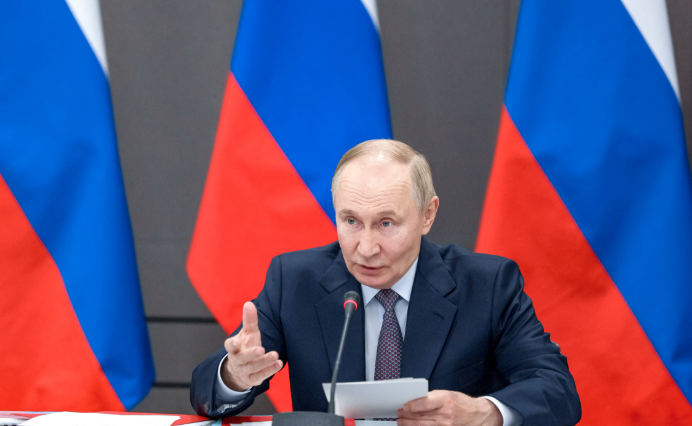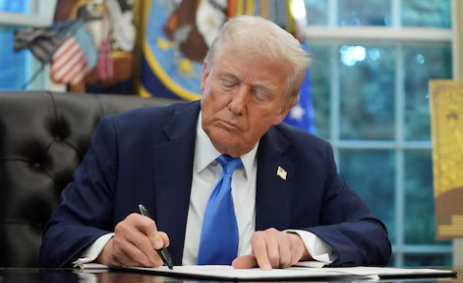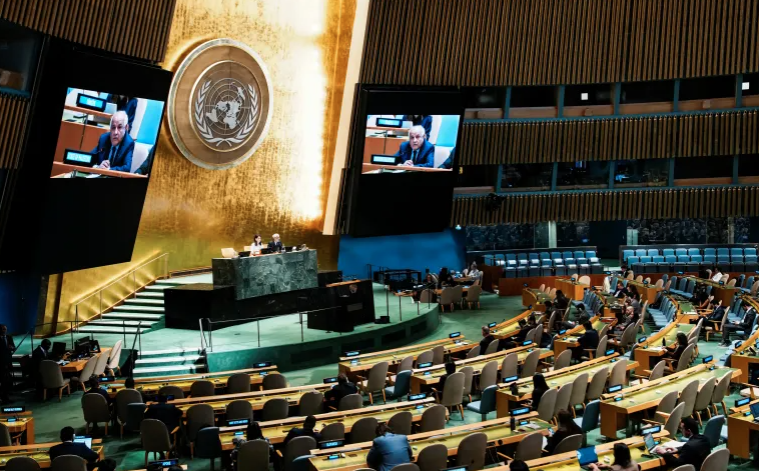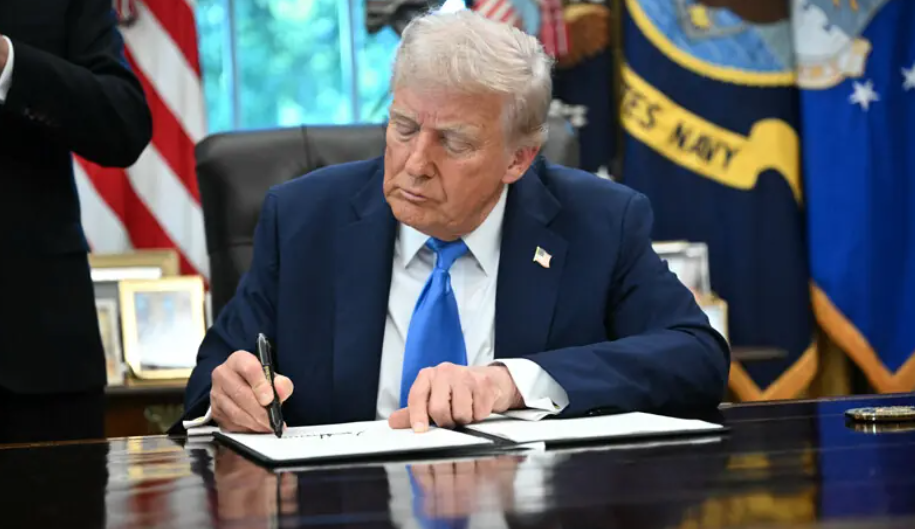WORLD NEWS
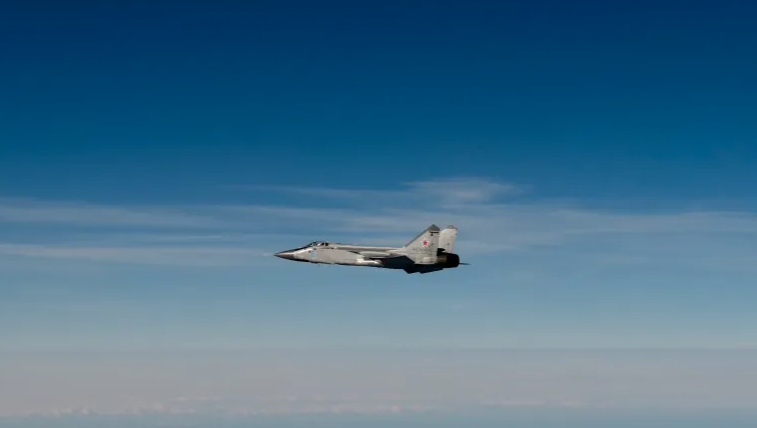
Russia has strongly denied allegations that its military jets violated Estonia’s airspace last week, accusing Tallinn of making unfounded claims without evidence. The rejection comes amid growing concerns that Moscow’s war in Ukraine could spill into neighboring European states.
Kremlin spokesperson Dmitry Peskov dismissed Estonia’s allegations on Monday, stating, “We never heard in the Estonian statement that they have objective monitoring data to back up their claim. That is why we consider such words to be empty, unfounded and a continuation of a completely reckless pattern of escalating tensions and provoking a confrontational atmosphere.”
The Russian Ministry of Defence also denied the accusation, insisting its pilots had adhered strictly to international aviation law.
On Friday, Estonia, a NATO member, reported that three Russian MiG-31 fighter jets breached its airspace for 12 minutes before being forced to withdraw. The incident followed another breach earlier this month, when 20 Russian drones entered Polish airspace before being shot down by NATO forces.
The repeated incidents have heightened security concerns across Europe, especially in countries bordering Russia and Ukraine. The United Nations Security Council is set to discuss the Estonian airspace violation later on Monday, while NATO representatives will meet Tuesday to consider consultations under Article 4 of the alliance’s charter. Article 4 requires members to consult if a state believes its territorial integrity, independence, or security is threatened. This would mark the third invocation of Article 4 since Russia’s full-scale invasion of Ukraine in 2022, and the ninth in NATO’s 79-year history.
Polish Prime Minister Donald Tusk emphasized Warsaw’s readiness to defend its airspace, declaring, “We will take the decision to shoot down flying objects when they violate our territory and fly over Poland – there is absolutely no discussion about that.” However, he also urged caution, noting the need to avoid actions that could trigger a dangerous escalation without full NATO support.
The incident underscores the rising volatility along NATO’s eastern flank, where fears are mounting that the Ukraine war could expand into a broader regional confrontation.
